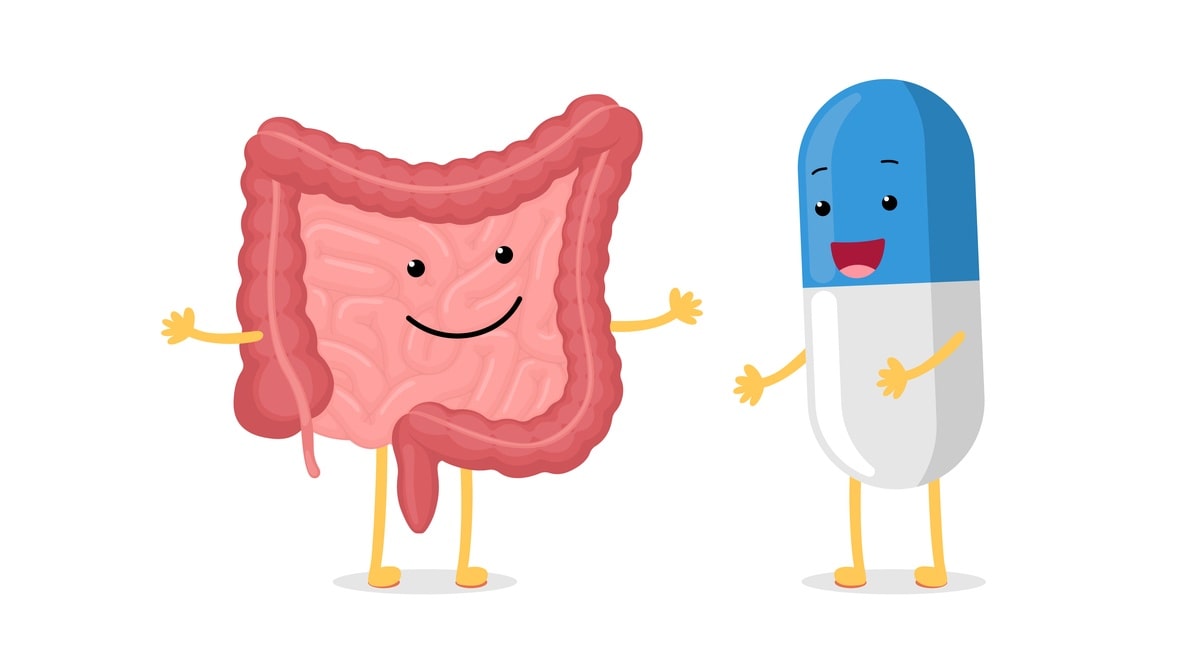Drug Excretion
When a drug is distributed throughout the body and is getting metabolized, there has to be some way by which it is excreted; otherwise, its concentration along with its metabolites will continue to rise with each successive dose. The complete removal of a drug from the body is termed as its elimination. Elimination of the drug includes its metabolism and excretion through kidneys and to a lesser degree into bile. Excretion in urine is one of the most important mechanisms of drug removal.
Kidneys act as a filter for drugs and create urine as a vehicle for the removal of waste. Blood enters the kidney through renal arteries and is filtered by the glomerulus. The glomerular filtrate becomes concentrated and substances are removed as it passes through the renal tubule, finally getting converted to urine. Drug molecules in the blood which are not bound to albumin also get filtered in the glomerular filtrate. When drugs have not been converted to water-soluble compounds in the liver, they are likely to be reabsorbed into the blood at the end of the filtration process and will cycle through the body again. If they are water-soluble, they will be excreted in the urine.
When a medication is given repeatedly, the total amount of drug in the body will increase up to a point and then stabilize. At this point, the amount taken by the patient is equal to the amount being removed by the liver and kidneys. This state of equilibrium is called a steady state, and drug levels remain fairly constant unless there is a dose change, interruption in treatment, or failure of the organs of elimination. The therapeutic effects of many drugs are closely correlated to a specific range of steady-state serum drug levels, which modify from drug to drug.
Factors Affecting Excretion of Drugs
Complete elimination of a drug from the body is dependent on normal liver and kidney function. The kidney is a major organ of excretion; the liver contributes to elimination through metabolism and excretion into feces via the bile. When a patient has reduced renal function or other problem which increases the half-life of a drug, dosage adjustment is necessary to avoid the accumulation of the drug in the body.
In kidney failure or liver failure, or conditions where blood flow to these organs is reduced selection of the drug and its dose is complicated. Drugs which are dependent on excretion through the kidneys are not the best choice for patients with renal failure. Similarly, patients with liver disease will better tolerate drugs which can be cleared exclusively through the kidneys. Age is also a factor affecting the excretion of drugs related to drug excretion. Very young and very old will have lower rates of excretion. Doses often require a reduction in these patients. Drug interactions, such as when multiple drugs compete for metabolic processes, can also reduce drug removal.
Make sure you also check our other amazing Article on: Factors Affecting Drug Metabolism
